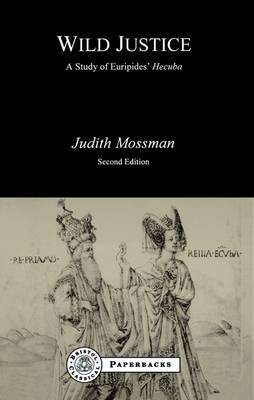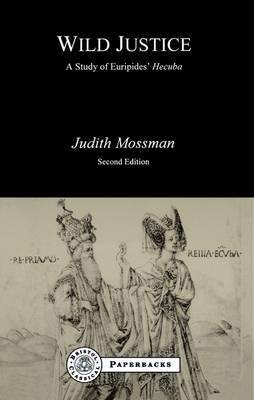
- Retrait gratuit dans votre magasin Club
- 7.000.000 titres dans notre catalogue
- Payer en toute sécurité
- Toujours un magasin près de chez vous
- Retrait gratuit dans votre magasin Club
- 7.000.0000 titres dans notre catalogue
- Payer en toute sécurité
- Toujours un magasin près de chez vous
Description
'Revenge is a kind of wild justice...' (Francis Bacon). Euripides' "Hecuba" is dominated by the vengeance which Hecuba takes on the faithless Polymestor, and explores in a complex and profound manner the potential for revenge as a subject for tragedy. The sacrifice of Polyxena is in counterpoint to the revenge action; the whole is set in the chaotic aftermath of the fall of Troy. The combination of plots creates one of Euripides' most effective dramas, full of pathos, suspense and excitement. This study of the play in English argues that it has been greatly undervalued by critics who have failed to appreciate the power of its rhetoric, the subtlety of its characterisation, and the beauty of its choral odes.
Spécifications
Parties prenantes
- Auteur(s) :
- Editeur:
Contenu
- Nombre de pages :
- 298
- Langue:
- Anglais
- Collection :
Caractéristiques
- EAN:
- 9781853995965
- Date de parution :
- 23-09-99
- Format:
- Livre broché
- Format numérique:
- Trade paperback (VS)
- Dimensions :
- 138 mm x 216 mm
- Poids :
- 376 g

Les avis
Nous publions uniquement les avis qui respectent les conditions requises. Consultez nos conditions pour les avis.






